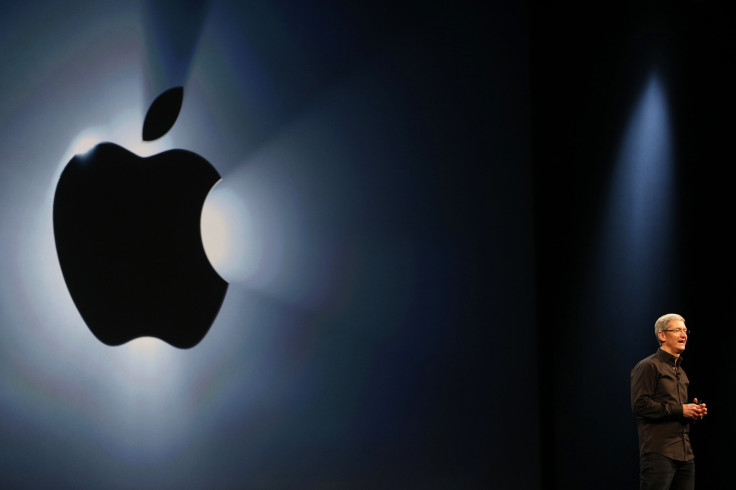Apple iPhone X Production On Target To Meet Launch Demand: Report

Ever since the Apple iPhone X was revealed amid much fanfare at the Apple event last month, reports have emerged indicating that its production might be slowed down due to the shortage of parts.
However, a new report indicates otherwise.
A DigiTimes report Tuesday, citing supply chain sources, said the yield rate for iPhone X has been substantially improving, and shipments of the smartphones are expected to grow, starting next month.
“The first batch of iPhone X devices has already been shipped out from Foxconn Electronics' site in Zhengzhou (Henan, China). With production yield rates for certain key components such as 3D sensing modules improving, shipments of the device have increased gradually and will meet Apple's demand ahead of the Christmas and New Year's holidays,” the sources told the publication.
Earlier reports stated that Apple was purportedly slowing down production so as to gauge the market response to the iPhone 8 and iPhone 8 Plus, which were revealed along with the iPhone X last month.
The company is also checking the pre-release demand of the iPhone X, which is its tenth anniversary device and the most premium device from the company till date. It comes with features such as edge-to-edge display, Face ID face recognition system and a 10nm processor.
Another reason for the delay in production was cited to be the complexity of manufacturing 3D camera modules for the iPhone X’s True Depth camera, which needs elements such as flood lighting.
Even though Samsung is supplying displays for the device, the company has not been blamed in any reports for the delay — it had begun production of the displays earlier this year and had set up a new plant to meet the demand for the iPhone X.
However, according to the Digitimes report, chipset deliveries for the iPhone X were on schedule and analog IC suppliers have already started to fulfill the orders for the third quarter demand, and the supply for key components for the 3D sensing modules is also on schedule, which means that the company will be on track to meet Christmas and New Year’s demands.
The sources further stated that they were not aware of any shipment cutbacks as alleged in previous reports, which had blamed low yield rates from suppliers for the issue.
The pre-sale for the iPhone X is slated to begin on Oct. 27 and the first iPhone X devices are expected to be delivered in limited numbers on Nov. 3.
According to MacRumors, demand for the iPhone X is expected to grow in the fourth quarter of 2017 before slowing down in the first quarter of 2018.
According to analyst Ming Chi Kuo, the pre-orders for the iPhone X have already exceeded 40-50 million units, which indicates that the demand for the premium handset might exceed the demand for the iPhone 8 and iPhone 8 Plus.
© Copyright IBTimes 2024. All rights reserved.











